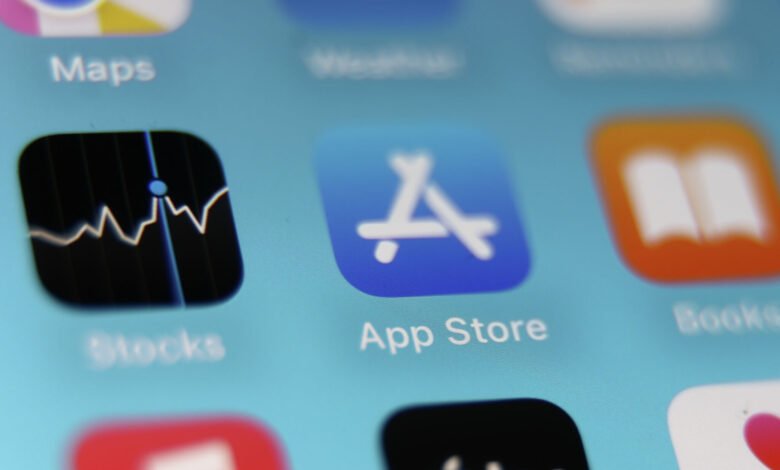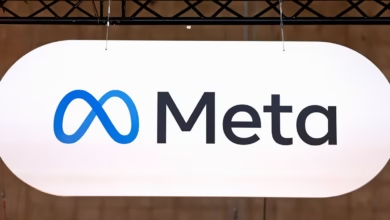Texas Age Verification Law: How It Impacts Your App Use

▼ Summary
– Texas Senate Bill 2420 requires app stores like Apple’s and Google’s to verify users are 18 or older before downloading apps, effective January 1, 2026.
– Apple and Google will comply with the law but have expressed concerns that it may compromise user privacy by collecting sensitive personal information for even simple app downloads.
– Both companies are developing new APIs to help developers verify user ages and implement parental consent features while aiming to preserve privacy.
– Similar age verification laws will take effect in Utah and Louisiana in 2025, imposing comparable requirements on app stores and developers.
– This follows a Supreme Court ruling upholding a Texas law requiring age verification for pornography websites, signaling a broader trend of state-level online age restrictions.
A new Texas law is set to transform how residents download and use mobile applications, introducing mandatory age verification for all users of major app stores. Senate Bill 2420, which takes effect in 2026, compels tech giants like Apple and Google to confirm that users are at least 18 years old before they can access app marketplaces. This legislation aims to create a safer online environment for minors, but leading technology companies are raising significant alarms about the potential erosion of user privacy.
Apple recently informed its developer community that it will adhere to the new legal requirements, despite serious reservations. The company articulated that the law’s framework could force everyday users to surrender sensitive personal information simply to download commonplace applications, such as those for checking weather forecasts or sports results. In an official statement, Apple emphasized, “We support the objective of enhancing child safety online, but we are troubled that SB 2420 compromises user privacy by mandating the collection of highly sensitive, personally identifiable data for any app download.”
Google has echoed these privacy concerns, confirming it will also comply with the statute while issuing its own guidance to developers on the Google Play platform. The company pointed out that similar legislation is scheduled to be enacted in Utah and Louisiana, creating a complex new regulatory landscape. These laws impose substantial new duties on apps that must deliver age-appropriate experiences, requiring them to process user age ranges and parental consent statuses provided by the app stores.
For consumers in Texas, the practical implications are clear. Individuals setting up a new Apple Account will need to verify they are 18 or older. Users identified as minors will be required to join a Family Sharing Group, where a parent or guardian must authorize all app downloads, purchases, and in-app transactions. Apple has committed to developing new privacy-preserving tools, known as APIs, to help developers verify user ages securely, though the specific technical methods have not yet been fully disclosed.
Google is implementing a parallel system with new APIs that will allow developers to check a user’s verified age or supervision status through Google’s parental consent services. However, the company has been vocal about its apprehensions, particularly regarding a Utah law that mandates app stores to disclose whether a user is a minor to all app developers, a measure Google warns could expose that data to millions of entities without sufficient consent or usage regulations.
This legislative push in Texas follows a significant legal precedent set earlier this year when the U.S. Supreme Court upheld a state law requiring age verification for access to adult websites. That ruling represented a major victory for conservative advocates of online age restrictions. While the intent behind SB 2420 is to protect young people, the ongoing tension between safety objectives and the fundamental right to digital privacy continues to fuel a robust debate among policymakers, corporations, and privacy advocates.
(Source: CHRON)



